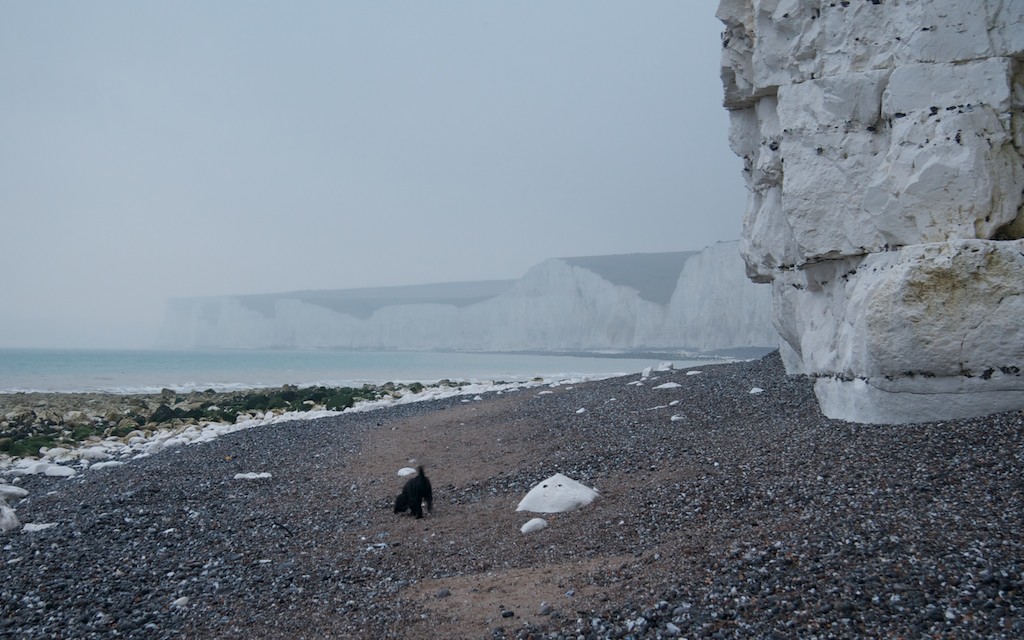Useless fact of the day….
2011 is a prime number.
Only 13 prime-numbered years in the last century. Must be a good omen.
Actually, I’m rather tempted to write a spoof astrological-type book.
The Power of Primes, I’ll call it. How ancient Greek mathematical concepts can forge your destiny!
I’ll dig up lots of powerful correlations showing that prime numbers are indeed a good omen, and that non-primes are much more dodgy. There were no prime-numbered years during the two world wars, for example. The Sept 11th attacks happened in 2001, which was not a prime year, even though the surrounding 1997, 1999 and 2003 all were. Pretty sinister, eh? Yes, I think the first person to expose this hitherto-unknown law of nature could make a packet.
I shall set to work. I think 2011 will be a good year.
So will 2017, by the way…
 As we shiver through what, for the UK at least, is a very chilly winter, it struck me just how much more unpleasant such weather would be without the wonders of modern heating systems. Lest we forget this blessing, I offer a small carol in honour of one of science’s great achievements, which I would encourage you to sing as you go on your way, and share throughout your community…
As we shiver through what, for the UK at least, is a very chilly winter, it struck me just how much more unpleasant such weather would be without the wonders of modern heating systems. Lest we forget this blessing, I offer a small carol in honour of one of science’s great achievements, which I would encourage you to sing as you go on your way, and share throughout your community…





Recent Comments